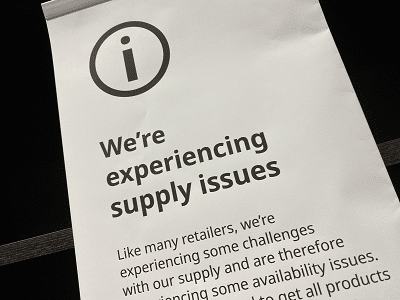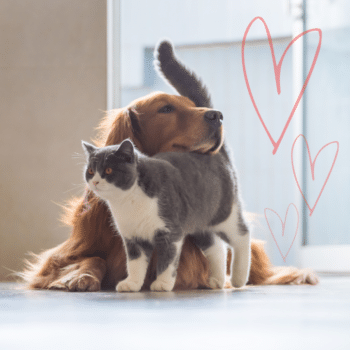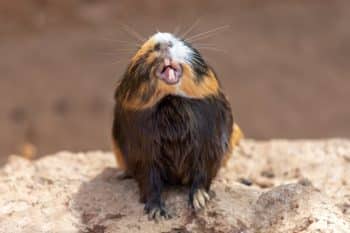The snow is gone, and the trees are finally starting to show the green buds of new life. For many gardeners, it is time to dust off their gloves and take up their tools to transform their yards from the dull drab of winter to the new life of springtime.
But as you head outdoors, make sure to consider the products you are using to help bring your garden and lawn back to life. What may be good for plants, may not be so good for pets!
Many of the products we use in the garden can be dangerous and toxic for pets. Treatments for stimulating plant and lawn growth and deterring pests, can be especially harmful.
Pet owners should carefully read the labels of the following products before treating a lawn or garden:
Slug and Snail bait
The chemical name for the product in most snail deterrents is metaldehyde. This is an organic compound that has been used for years by gardeners to control mollusks (the snail family). There are several varieties that come in liquid form, pellets, powder, and granules. They often contain bran and molasses to make them palatable for slugs and snails. They can cause metaldehyde poisoning if ingested. Pets may willingly eat it or ingest it through grooming if the product transfers to fur when walking through treated areas. If it is necessary to use these types of products in your yard, keep your pets out of treated areas for at least two weeks.
Insecticides
Liquids, sprays, and foggers that kill insects with chemicals such as carbamates, organophosphates, or pyrethrins/pyrethroids can be deadly for pets. Keep your pets out of treated areas after application. A good rule is to keep the area off limits until the products dry. Cats, in particular, are very sensitive to pyrethrins and pyrethroids and exposure can be fatal if not treated right away.
Rodenticides
Rodenticides are anticoagulants that cause blood clotting disorders or kidney failure and are used to kill mice, rats, and other rodent pests. Warfarin is an example of a rodenticide. There are different classes (first-generation, second-generation) that indicate how many exposures are needed to be fatal for rodents. Regardless of the class, all are toxic and potentially lethal to your pets if ingested. If these products are necessary, use protective bait stations and only in areas inaccessible by pets.
Lawn and plant fertilizers
Carefully read the labels of all fertilizers or growth supplements. Fertilizers are gastrointestinal irritants that can make your pet miserable. Even though they may not all be fatal, even organic fertilizers can be harmful. Ask your garden center about pet-safe fertilizers instead.
Soil supplements
Soil supplements made of blood meal can be another garden hazard for pets. Blood meal is blood that is flash-frozen, ground up, and used as a nitrogen source to enrich soil. Although a good organic fertilizer, when ingested it can cause vomiting or diarrhea. Blood meal can also result in pancreatitis (inflammation of the pancreas) which is painful and potentially fatal.
Bone meal is yet another soil supplement that can be harmful. Bone meal is made from actual animal bones. Dogs love bones, so they readily eat bone meal. When in the stomach, bone meal may form a solid, concrete-like ball. If this hard ball obstructs the intestinal tract, surgery may be necessary to remove it.
If your pet is exposed to these types of garden products and is showing any signs of being unwell, such as significant lethargy, drooling, vomiting, agitation, or disorientation, call your veterinary emergency clinic immediately. Ingestion or exposure to these dangerous products require immediate veterinary treatment to minimize harm.
LifeLearn News
Note: This article, written by LifeLearn Animal Health (LifeLearn Inc.) is licensed to this practice for the personal use of our clients. Any copying, printing or further distribution is prohibited without the express written permission of Lifelearn. Please note that the news information presented here is NOT a substitute for a proper consultation and/or clinical examination of your pet by a veterinarian.










